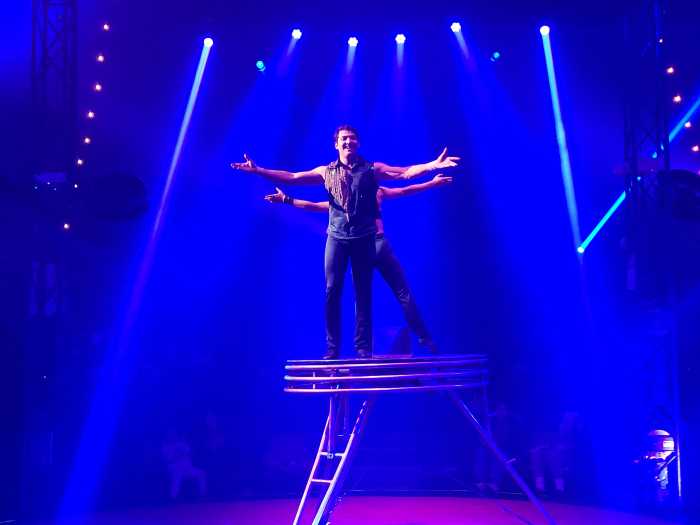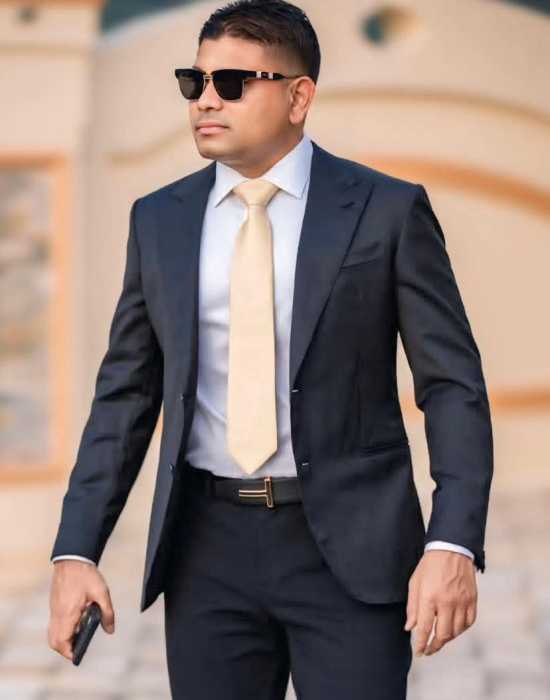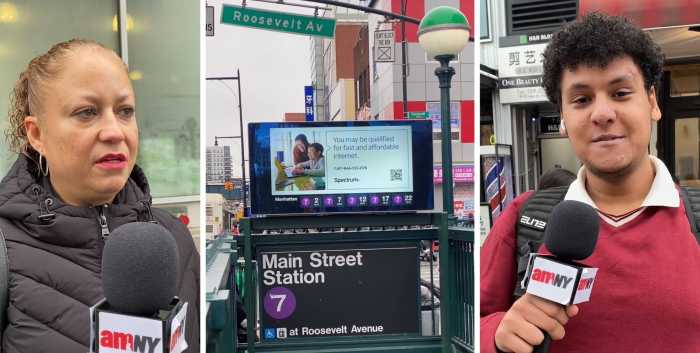Five members of the New York City Council’s LGBTQIA+ Caucus delivered a letter to Yeshiva University on September 27 demanding that the school recognize an undergraduate LGBTQ club on campus in the midst of a protracted legal battle over whether the school should be required to acknowledge the group.
“Simply put, your refusal to recognize this group is in blatant defiance of the spirit and letter of the New York City Human Rights Law,” the lawmakers wrote in a letter addressed to Rabbi Dr. Ari Berman, who serves as Yeshiva University’s president. “As a non-sectarian educational institution, as indicated by your charter, Yeshiva University is not exempt from the human rights law and cannot deny recognition of a student group on the basis of religious freedom.”
The letter was signed by five of the seven LGBTQIA+ Caucus members: Co-Chairs Crystal Hudson of Brooklyn and Tiffany Cabán of Queens; Erik Bottcher of Manhattan; Chi Ossé of Brooklyn; and Lynn Schulman of Queens. Two other LGBTQ city lawmakers — Kristin Richardson-Jordan of Brooklyn and Republican David Carr of Staten Island — did not sign the letter at the time it was delivered, though a Council spokesperson said they could be busy and that it doesn’t necessarily mean they did not intend to sign.
The school has insisted it does not necessarily have to recognize the group because, as a religious organization, it should be exempt from complying with the city’s Human Rights Law’s public accommodation provision and has a First Amendment right to reject the Pride Alliance. However, a state trial judge found that the school’s 1967 certificate of incorporation states that it “is and continues to be organized and operated exclusively for educational purposes,” which would be inconsistent with a “distinctly private” religious corporation that would typically be exempt from complying with the Human Rights Law’s public accommodation provision that bans sexual orientation or gender identity discrimination.
The case most recently rose to the US Supreme Court, which did not make a determination on the merits of the case and instead pointed to the university’s failure to first seek a stay from state courts before turning to the Supreme Court. The Supreme Court ruled that the group must be recognized while the case continues to be litigated, though the school then responded by barring all groups for the time being.
The Pride Alliance, in turn, has said it would back down for now to avoid burdening other clubs on campus — but the legal fight continues nonetheless.
In the letter, city lawmakers underscored the critical role of LGBTQ campus groups for young adult students who are coming to terms with themselves — including their sexuality and gender identity — particularly at a time when homophobia and transphobia continue to impact students across the nation.
“These students are asking for nothing more than a safe space to convene,” the city lawmakers wrote in the letter. “When many of us were students, we had either fledgling queer organizations to support our communities or none at all. We recognize the importance of being in community, especially in a collegiate setting, and having a forum to share resources.”
The letter continued: “For many LGBTQIA+ young people, college is a place where they can finally explore and embrace their sexuality and gender identity in a safe space without judgment and meet people with similar identities as theirs. Queer groups, like YU Pride Alliance, foster and nurture that safe space while providing resources — everything from tips on how to discuss queerness with family members to sexual health resources — to LGBTQIA+ students.”
Others copied on the letter included Jon Greenfield, the university’s director of government relations; Annabel Palma, the chair of the New York City Commission on Human Rights JoAnn Kamuf Ward, the deputy commissioner of policy and external affairs for the Commission on Human Rights; and the Pride Alliance.
Yeshiva University’s press office did not immediately respond to a request for comment on September 28.
















